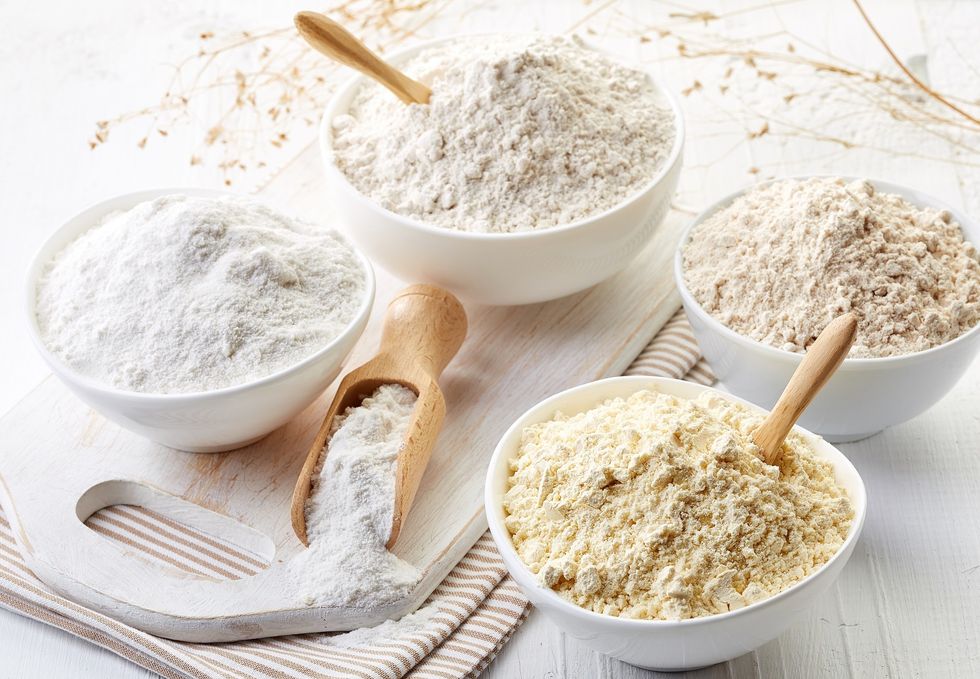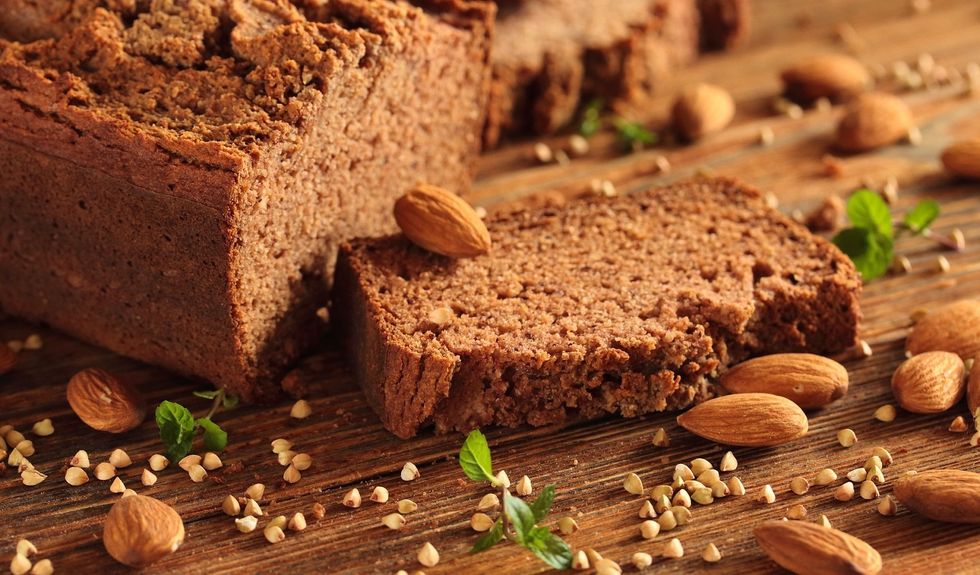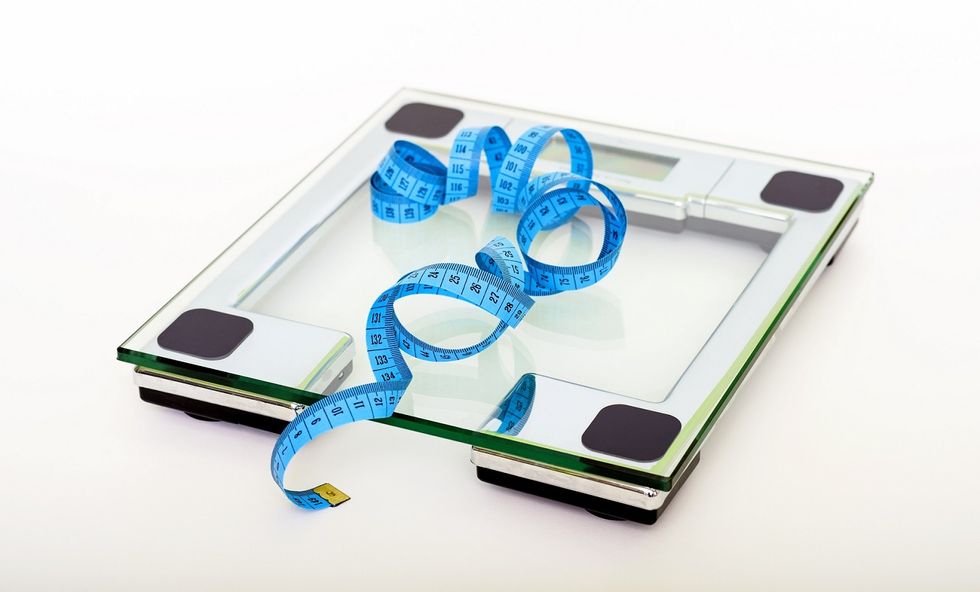With gluten-free option becoming an essential part of our life, it's easy to dismiss gluten-free diets for just another trend instead of the medical necessity it becomes for anyone diagnosed with celiac disease, wheat allergies, or intolerance.
If you've suddenly found yourself in this boat, don't worry! Here we'll be sharing a few necessary tips to help you get started. While It may seem overwhelming at first, know that there are even gluten-free Christmas puddings available these days so that you won't miss out on any of your old favourites.
Let's start with the basics.
What does Gluten-Free mean?
While many think gluten is just limited to bread and similar wheat products, you'd be surprised at how many foods contain hidden traces of gluten. Even an item like soy-sauce needs to be labelled gluten-free as most sauces use wheat as a thickener.
It's important to always check the ingredients on any pre-packaged ingredients or products. While wheat may seem like the only word you're searching for, there are serval other varieties such as semolina, spelt and Khorasan wheat (Kamut). Gluten can even be found in cosmetic products such as lip-gloss so if you have celiac disease or any allergies always check before you buy. For more information on what foods contain gluten or on grain, variants check out the Celiac Disease Foundations site for a full list and guide to product checking.
How to Avoid Cross-Contamination
If you're starting a gluten diet because of medical reasons you'll want to be extra careful in avoiding anything that's come into contact with gluten, this includes any food or tools. To prevent cross-contamination in your home make sure you separate any appliances, tools and food. For example, buy a new toaster and ensure its only use is for gluten-free bread. Another excellent addition to your kitchen is non-porous cutting boards and stainless steel. This equipment will assure gluten is not hiding within your cutting mat or burnt to the bottom of a pan.
When eating at restaurants, be sure to inform any staff of your condition, if they seem unsure or unwilling to comply, don't risk it. There are plenty of gluten-free restaurants and products becoming available in developed countries.
Side Effects When Starting
Below we've listed some common changes within the body you might experience when you first start a gluten-free diet:
Weight Changes
Starting any new diet will be accompanied by with either weight loss or gain. If you experience any rapid changes, you may want to consult a doctor; however, average increases and decreases are regular. It's important to remember that cutting out gluten isn't synonymous with weight loss. Especially if you merely supplement snack food like cookies or cake with their gluten-free counterparts. While it is known to reduce bloating and other gastric symptoms in celiac patients, no peer-reviewed research links the diet with weight loss.
Increased Risk of Gluten Intolerance
If you've started this diet intending to eat gluten on a rare occasion, still you may run into some trouble. Once you've taken gluten out of your diet, it's hard to reintroduce as your body may become intolerant over time. This reaction can come instantly or in a few days. It usually appears as digestive symptoms as the lower intestine is most sensitive to gluten. Additional symptoms include fatigue, joint paint, and a feeling of fuzziness/brain fog.
Lack of Fibre and Nutrients
As many people use grains and bread to meet their fibre requirements, it can be a bit of an adjustment having to turn elsewhere. It may be as simple as adding a whole-grain gluten-free loaf to your basket, while other alternative sources include, legumes, leafy green vegetables and nuts. Adding these additional sources of fibre to your diet can help take care of your digestive health in the long run. It's best to always consult with a doctor if you are worried about your fibre intake as they can advise if supplements are needed. Just make sure they're gluten-free! We'd also recommend seeing your GP for a blood test/ This can help to regulate any iron and B vitamins you may have gotten from wheat products in the past. Adding fresh fruit and vegetables are always an excellent addition when ensuring your body is getting everything it needs.
Whatever your reason is for starting a gluten-free diet make sure it's done under the supervision of a doctor or nutritionist as they can manger any side effects and answer concerns or questions you might have.





































